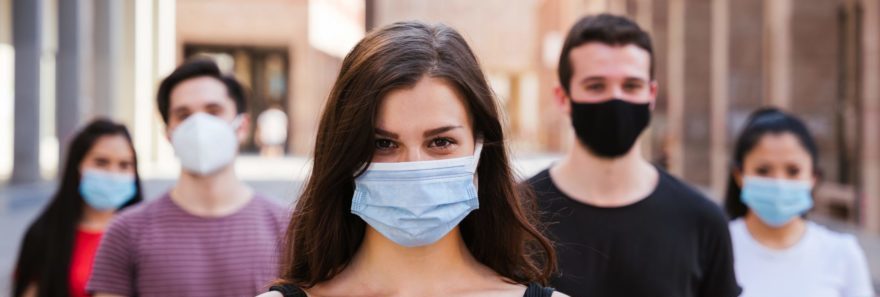
A new study co-authored by York University Faculty of Health associate professor Rachel da Silveira Gorman has linked adverse COVID-19 outcomes to biochemical and cellular pathways associated with social determinants of health.
The study, published in Medical Sciences and authored with Iffath Syed, assistant professor at Pennsylvania State University, synthesizes emerging literature on mast cell disease, and the role of mast cells in chronic illness, alongside emerging research on mechanisms of COVID-19 illness and vaccines.

“The study is significant in providing a more nuanced understanding of the biochemical and cellular pathways of illnesses commonly associated with adverse social determinants of health,” said Gorman, first author on the study.
The authors theorize social and environmental bases of mast cell disorders, citing studies on the impact on mast cells of workplace stress, air pollution exposure, machinery vibrations, fossil fuel emissions, chemical pollutants in e-waste, and persistent organic compounds.
"Evidence continues to emerge that the social determinants of health play a role in adverse outcomes related to COVID-19, including increased morbidity and mortality, increased risk of long COVID, and vaccine adverse effects," said Gorman.
The article links long COVID and other adverse COVID outcomes to mast cell activation. Originally thought to mostly affect allergic conditions, mast cells are a rapidly expanding area of medical and biochemical research. Mast cells have been shown to be intimately involved in a vast array of medical conditions, from diabetes to heart disease and cancer.
Syed notes that “focus on aberrant and/or hyperactive mast cell behavior associated with chronic underlying health conditions can elucidate adverse COVID-related outcomes and contribute to the pandemic recovery.”
The authors connected the biochemical actions of mast cell proteases to the pathogenesis of chronic diseases and COVID-19. The array of symptoms associated long COVID resonate with those reported in mast cell activation syndrome (MCAS).
According to some MCAS specialists and researchers, MCAS is likely grossly under-diagnosed; therefore, public health agencies and policy makers should urgently attend to community-based experiences of adverse COVID outcomes.
